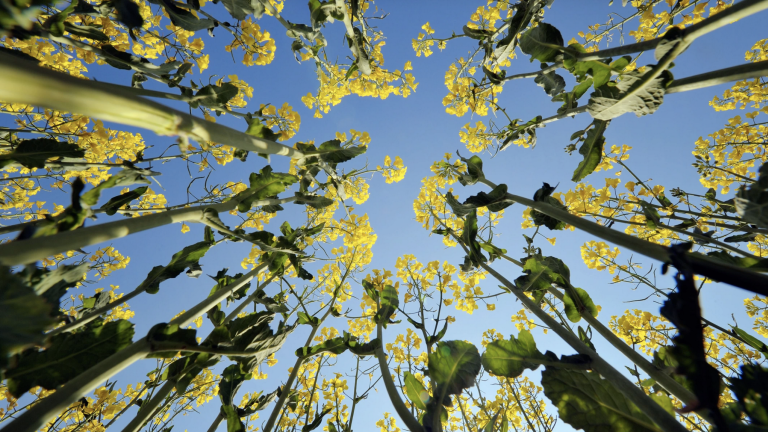
Some of the world’s most productive agricultural regions from India to the US Midwest have already broken temperature records this year, with potentially worrying implications for food supplies.
Hot days and nights can make drought conditions worse, and that’s not the only way rising temperatures can hurt crops. In extreme conditions, the molecular machinery inside plants can even shut down, leading to crop failures. That threat is expected to grow worse in the face of climate change.
Some plants, though, including major crops like corn and wheat, may face additional challenges from future warming, because heat impairs a major tool that they use to defend themselves against infections. When things warm up even slightly past normal levels, plants can become more vulnerable to pests.
Biologists have started to figure out how this happens, and new research reveals routes to repair plants’ defenses without slowing growth. If it can be translated to real farms, altering crops in this way could help ensure that the food supply keeps up with population growth in a warming world.
Read the full story at MIT Technology Review.






